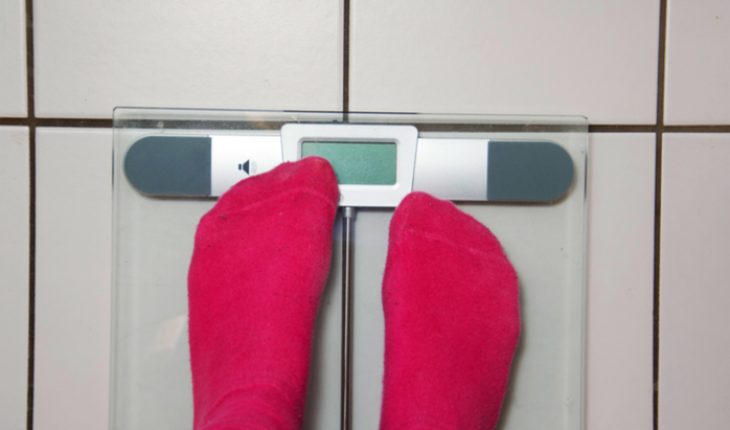The first thing to remember is that weight loss may have a variety of causes, and it’s important not to jump to conclusions. If you notice that your child is too thin, or has lost a significant amount of weight, get them seen by a GP who can provide a thorough physical assessment. The situation has to be managed quite carefully.
Try not to confront a child or young person with an accusation. Suggest there may be a problem and you need to get it sorted out together. There are certain signs that may also suggest anorexia could be a cause. A young person who suddenly switches to a very restrictive vegan diet may be idealistic, or it could be an eating disorder masquerading as a health/moral choice. Similarly, a young man who seems to be addicted to exercise, or runs everywhere with a heavy backpack, may be hiding an eating disorder. Around one in 12 people with AN is male.
People with eating disorders, whether male or female, tend to be black-and-white thinkers, perfectionists and strivers and anorexia is a way for them to feel in control of their lives.
If the diagnosis is anorexia nervosa, it is always vitally important to seek professional support. Research shows that people diagnosed with AN under the age of 21 do better with family-based therapies, when the whole family may be involved. Over that age, it seems to be best if the individual has individual treatment such as CBT.
It’s important that the person with AN receives lots of help and support to build their self-esteem which has become disproportionately dependent on their ability to control their weight and shape.
There is no single answer to whether it is best to remove the child or young person from the school or university he or she attends. It depends on what resources there are to cope with the condition and the situation at home. Every case is different.
Although teenage girls do make up the majority of AN sufferers, children as young as ten are being treated. Boys are also being diagnosed with eating disorders in ever increasing numbers, according to the Royal College of General Practitioners, which says it wants doctors to be more aware of the problem because it is usually seen as a female issue. Around one in 5 people with an eating disorder is male.
Whatever their gender, sufferers tend to be people who share similar personality traits, such as perfectionism and a tendency to see the world in term of ‘black and white’ without shades of grey. They can come from any socio-economic group. The idea that anorexia is a disease of the affluent has now largely been discounted.
- Does my child have an eating disorder? - 15th January 2017






